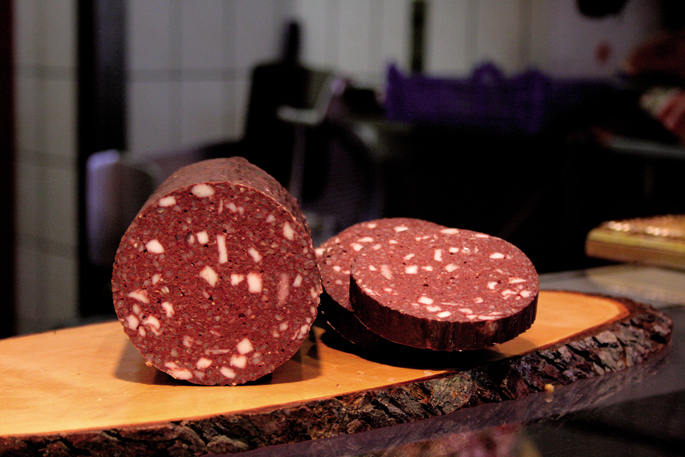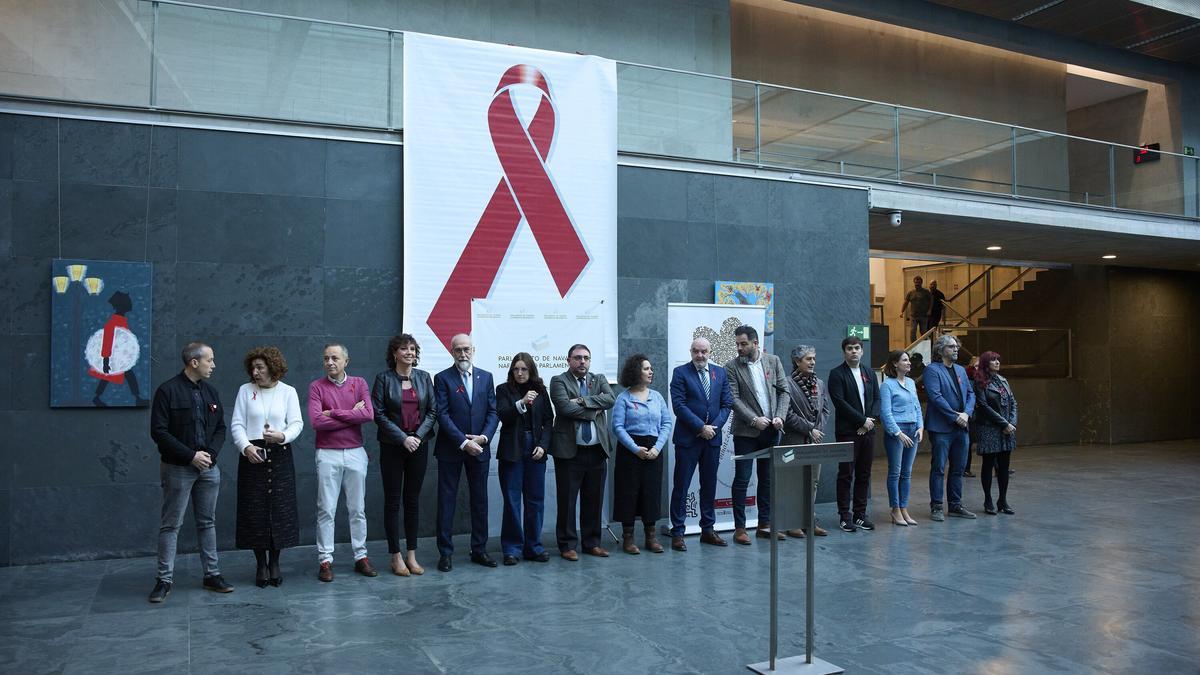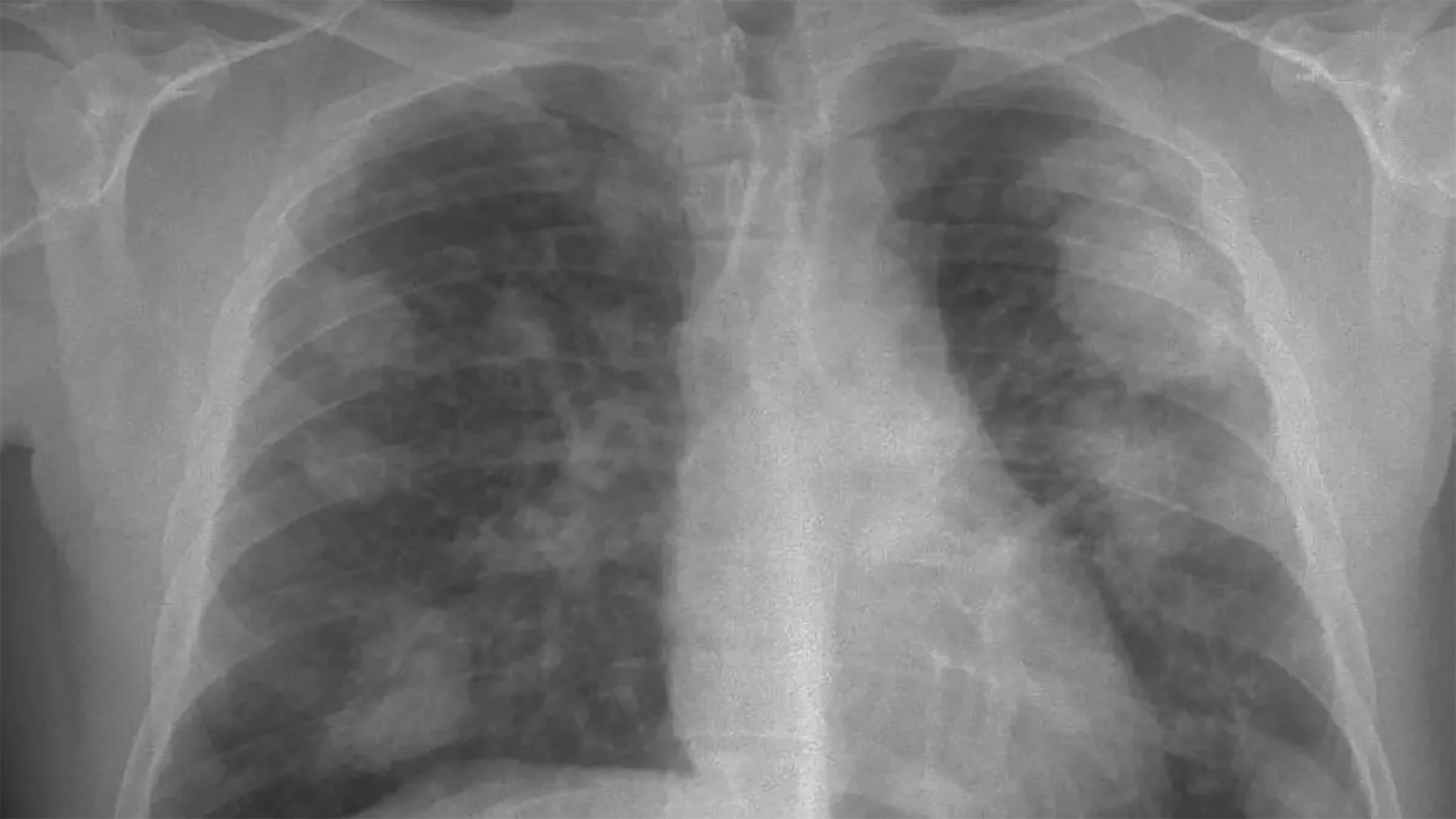Care with hidden fat

We easily identify 40% of the fat we take, so it can be discarded at meals if desired, such as the white part of the ham or the fat of a meat steak. But everything else, 60 percent, isn't that visible, because of the aspect of the food itself or because we don't know whether or not it has fat.
This hidden fat is naturally present in foods, such as avocado, olives and nuts, or has been added in processing or cooking, such as mayonnaise or snacks. Naturally found fat is usually monounsaturated and helps to decrease LDL or bad cholesterol. In the second case, fat is saturated and harmful to health. This fat is present in numerous sausages, industrial pastries and “fast” foods. The same applies to products of animal origin such as red meat, milk or non-skimmed milk.
If taken in adequate amounts, fats are nutrients needed for our body. They protect the organs and participate in different metabolic processes. Fat-soluble vitamins in absorption and transport, for example. They also form sex hormones and are an important source of energy.
Thanks to fats, food tastes better, but a gram of fat of any kind brings nine calories to the body. In case of excessive intake it accumulates in the body. This can lead to overweight first and then obesity.
How much is it worth?
Dietitians recommend that women do not consume more than 65 grams of fat per day and that men reach 80. And be careful: you can avoid fried foods and butter, but if you eat cookies one day, eggs, greasy cheese, some chorizo bread, nuts or fruits like avocado, you will easily exceed these figures recommended by experts.
Which foods have more fat than you think? Some examples: a cheese and ham sandwich brings us 39 grams of fat, a Greek yogurt brings us thirteen and a twelve bollo. Hazelnuts provide us about 60 grams of fat per 100 grams of food, black olives 30, coconuts 26, black chocolates 24 and ice cream nine. Therefore, in addition to controlling the amount of fat, it is necessary to take care of its origin. Always choose the healthiest ones; nuts, olive oil and blue fish.
-Avoid excessive consumption of sausages: pastries, sausages... Eat fish instead of meat, as it has less fat and healthier. Remove the chicken skin.
-Moderate eggs – it can take about three times a week – choose skimmed milk and dairy and reduce fatty cheeses, ice cream and egg desserts.
-Avoid processed foods, industrial pastries, snacks and trans fats or hydrogenated fats.
-Cook in the oven, steam or iron. Fried occasionally. Use olive oil but in moderation (two tablespoons a day).
-Exercise regularly, you will help the metabolism of fats.











.jpg)










